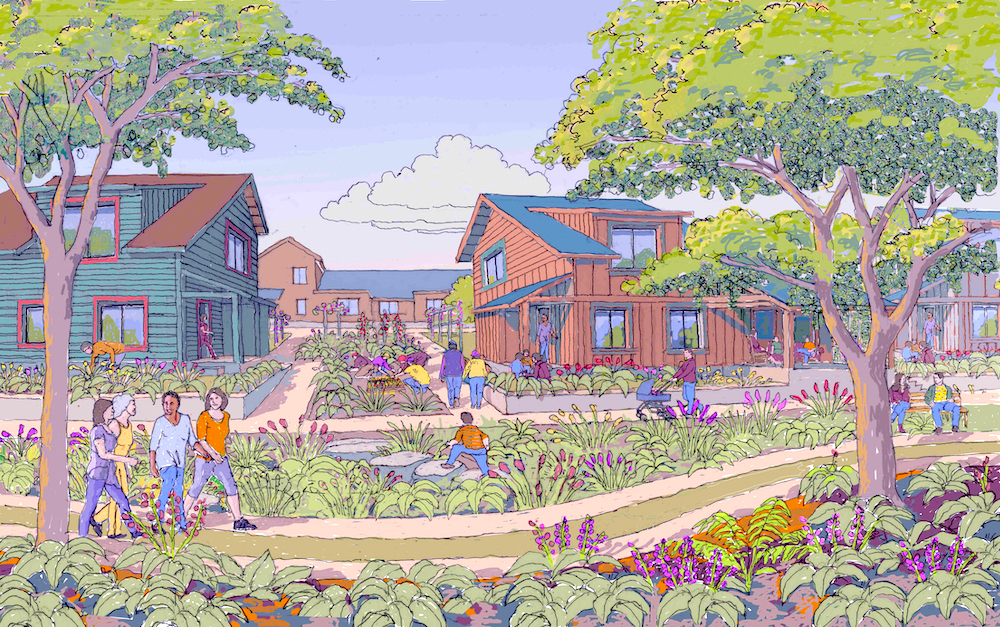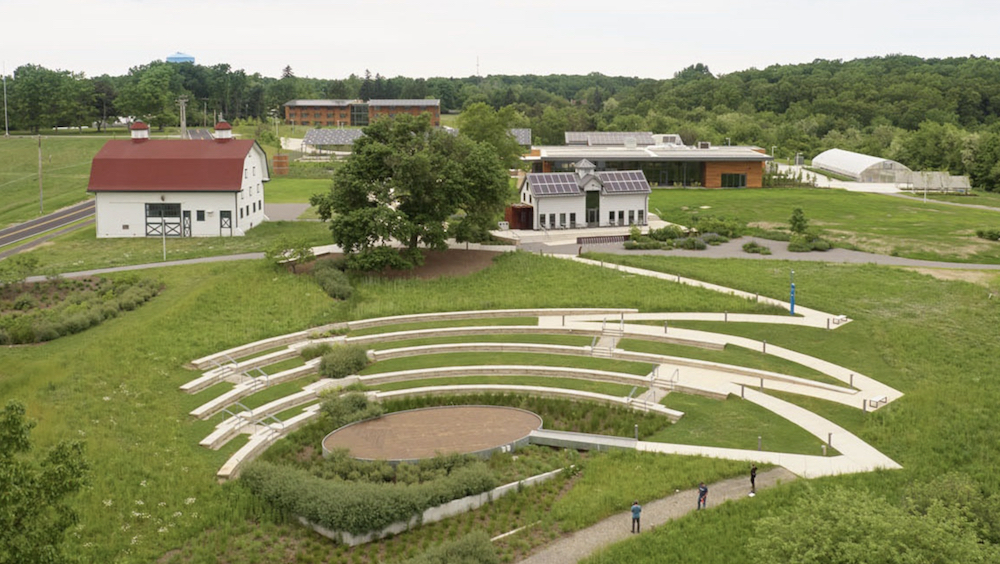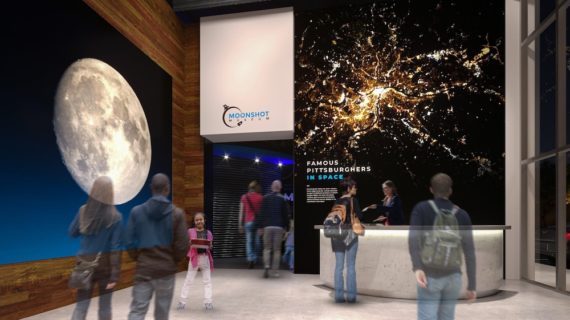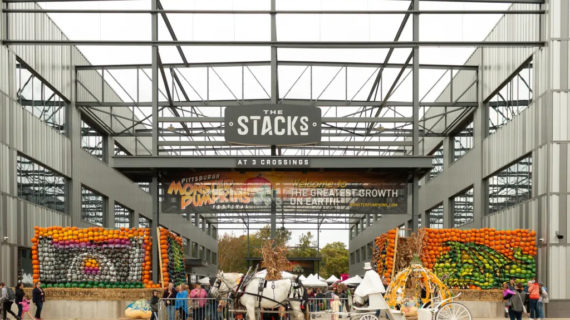
The Rachel Carson EcoVillage will bring sustainable living and a shared mission to the North Hills
Story by Andrea Stehle. Photos courtesy of Judy Trupin.
A new community is coming to Pittsburgh. In its early planning stages, the Rachel Carson EcoVillage in Gibsonia will be a multi-generational community welcoming individuals of all backgrounds — including those with young kids — and focusing on sustainability. This unique, cooperative village will be located on Chatham University’s Eden Hall campus, giving residents access to the university community and campus amenities, plus a chance to contribute to the university’s advancement of sustainability.
Residents will own their homes and have private space, but the village is meant to function with lots of community connection.
Though it’s still in the planning and building stages, the EcoVillage is expected to include 35 private units ranging from studios to three-bedroom homes set among common gardens, walking trails and shared social spaces.
“It’s a fluid process. Everybody owns their own home; everybody has their own financial responsibility,” says David Geis, a member of the EcoVillage’s membership and outreach group. But “our purpose is what keeps us together … we are an eco-community. Our goal is to live sustainably.”
With that in mind, each unit will have a small patch of land and the community will also have a 10-acre garden. The site will be designed to connect residents to nature and to each other, whether through socializing or tending the garden or collectively ensuring that kids are able to play outdoors in a safe and healthy space.

“The ecovillage will offer easy connections with neighbors without sacrificing the privacy of our own home and yard,” says the village website. “This balance will be woven into the fabric of our lives.”
The official groundbreaking is being held this month, though Geis says some homeowners have already begun moving into homes on the property. If you’re curious about the possibility of life at the EcoVillage, information events are being held on Oct. 22, Nov. 19 and Dec. 17 from 10:30 a.m. to noon. You can register to attend in person or virtually here.
Following this month’s groundbreaking, the building process is expected to take nine to 12 months. The designs focus on energy conservation, aiming to reduce utility bills to a fraction of their cost compared to conventionally built housing. Building materials will be selected for long-term durability and affordability, as well as better air quality. And the natural site infrastructure is meant to improve the quality of the soil and water.
The idea for the community came from a woman named Stefani Danes, Geis says: “She has been trying for decades to establish a community and she saw a grant that Eden Hall had proposed for an ecovillage.”
Most Pittsburghers know of Rachel Carson (1907-1964), the community’s namesake, whose early fascination with nature led her to pursue an extraordinary career as a scientist, writer, and educator. Childhood walks with her mother on their Western Pennsylvania farm instilled in Carson a “sense of wonder” about the natural world that in turn inspired a lifelong devotion to environmental stewardship. A science degree from Pennsylvania College for Women (now Chatham University) started Carson on a journey to become a leading scientist and spokesperson for environmental concerns.
Her mission was for people to see themselves as part of nature, she said, “not a controller or even just a protector, but as inter-dependent with it.” The Rachel Carson EcoVillage is designed on the premise that people have a valuable, interdependent role within the environment, and that their presence can enhance the environment rather than simply take from it.








